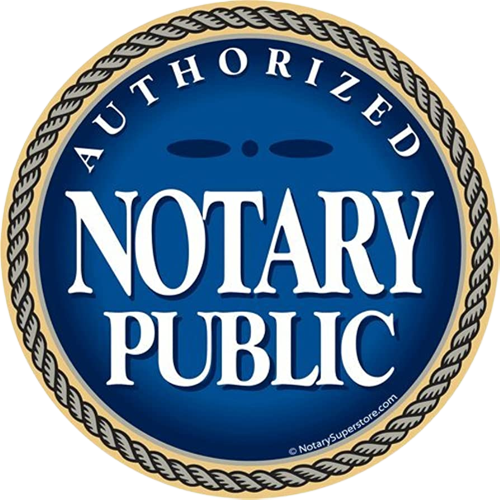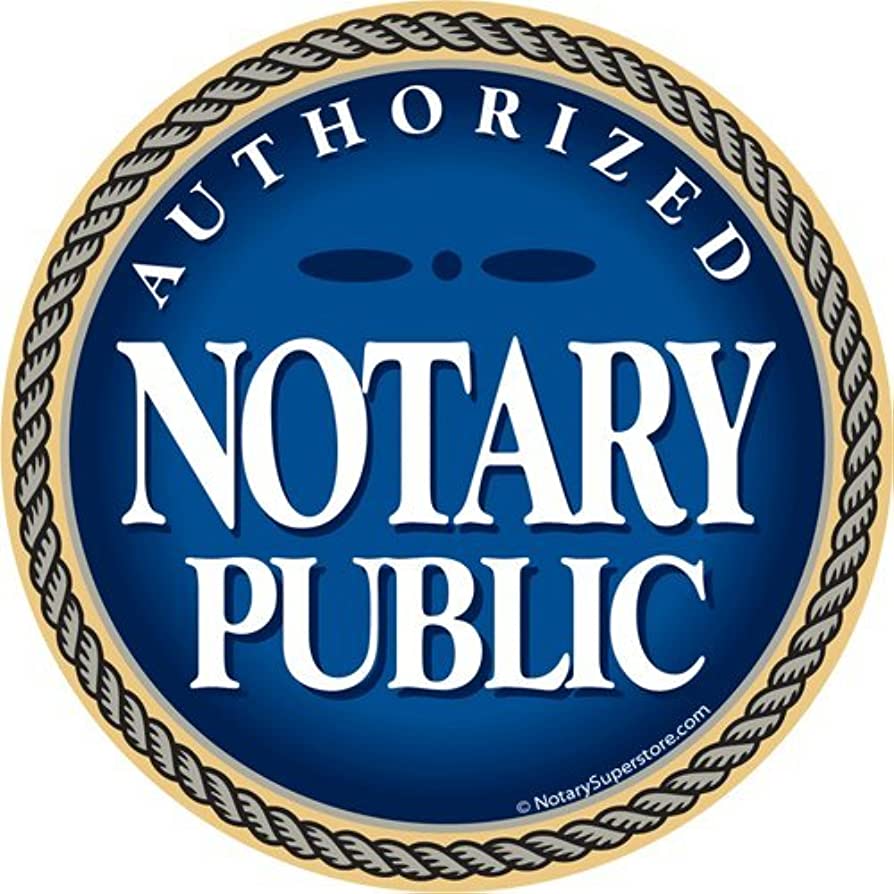Planning for the future is a crucial aspect of life management, ensuring that your wishes are respected and your loved ones are taken care of after you’re gone. A vital component of this process involves the notarization of key estate planning documents. Notarization authenticates these documents, providing them with a layer of legal validity and protection. Here’s what you need to know about notarizing your estate planning documents.
Understanding Estate Planning
Estate planning is the process of arranging the management and disposal of a person’s estate during their life and after death. It involves the allocation of assets to heirs and the resolution of estate taxes. The notarization of certain documents within the estate planning package is essential, as it certifies the signer’s presence and the authenticity of signatures, thereby ensuring the documents’ legal standing.
Essential Documents That Require Notarization
Last Will and Testament
Although not all states mandate the notarization of a will for it to be valid, having your will notarized can expedite the probate process, making things smoother for your heirs.
Durable Power of Attorney (POA)
This document grants another individual the authority to manage your affairs if you become incapacitated. Notarization is typically required for the document to be legally binding.
Healthcare Power of Attorney
Similar to a Durable POA, this grants someone the authority to make healthcare decisions on your behalf under incapacitation. It usually needs to be notarized to take effect.
Living Trust
A living trust requires notarization to be considered valid. It allows you to manage your assets during your lifetime and specify their distribution after your death.
Advance Directive/Living Will
This document outlines your medical treatment preferences if you’re unable to communicate. While notarization requirements vary, it’s generally recommended for legal assurance.
Can a Notary Refuse to Notarize?
Yes. A notary can refuse service if fraud is suspected, the signer is not present, identification is inadequate, or the document is incomplete. Notaries must also abstain from notarizing documents in which they have a personal interest.
Preparing for Notarization
- Complete Documents: Ensure no blanks are left unfilled in your documents before the notarization appointment.
- Valid ID: Have a government-issued photo ID ready for identity verification.
- Understanding: Some states require signers to declare their understanding of the document.
- Witnesses: If your document requires witnesses (as many wills do), they must be present at the notarization.
After Notarization
Once your documents are notarized, store them in a secure location and inform key individuals, such as your executor or power of attorney, about where these documents can be found. Consider keeping copies in a secondary secure location and providing copies to your attorney.
Finding a Notary for Estate Planning
For those in Los Angeles, Beverly Hills, Santa Monica, and surrounding areas, Julien’s Mobile Notary offers specialized mobile notary services for estate planning documents. Our service is designed to provide convenience and peace of mind, ensuring that your documents are notarized correctly and efficiently.
Conclusion
Notarizing your estate planning documents is a step that should not be overlooked in the estate planning process. It ensures that your documents are legally binding and can significantly ease the management and execution of your estate. For expert notary services that come to your doorstep, consider Julien’s Mobile Notary, your trusted partner in securing your legacy.
Whether you’re just starting the estate planning process or need to update existing documents, remember that notarization is key to ensuring your wishes are honored precisely as you’ve intended.





